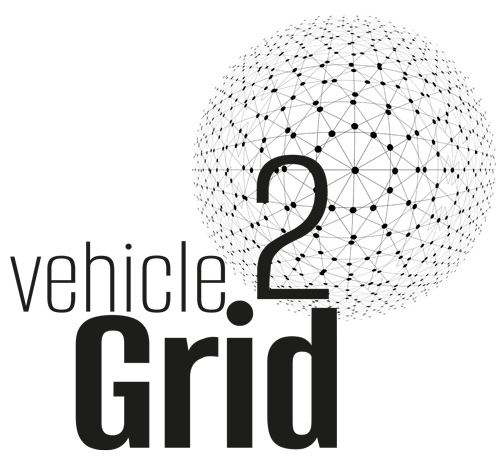Aqueous batteries attract tremendous attention for grid-scale energy storage systems due to low-cost, safety and environmental friendliness. Zinc-ion batteries, in particular, distinguish themselves among the multivalent battery chemistry thanks to the highest theoretical capacity (820 mAh g-1) and cost-effectiveness of the zinc metal anode.1 However, dendrite growth of metallic Zn caused by uneven deposition in aqueous electrolyte has a severe impact on the life-span and reversibility of zinc-ion batteries. A lot of efforts have been made to promote homogenous Zn deposition, including adjusting the electrolyte formulation, applying protective coatings on the zinc anode, as well as modifying the anode structure.2 Coating functional layers represent a very efficient way to prevent zinc from contacting with water, which could effectively eliminate H2 evolution, and regulate ion flux to suppress zinc dendrite growth.
Herein, we propose an organic/inorganic solid-state electrolyte as coating layer on zinc metal anode to suppress dendrite growth. The electrolyte composes of polyvinylidene fluoride-hexafluoropropylene copolymer, zinc triflate and fumed silica. The hydrophilicity of the polymer matrix has been enhanced rapidly by the addition of the inactive filler and zinc salt, which could reduce the overall impedance of the cell. Via the coating, the life-span of symmetrical zinc cell is enhanced and the voltage hysteresis is minimized. SEM results are consistent with the electrochemical performance, demonstrating that the hybrid coating layer helps suppressing dendrite formation. These results are also confirmed in full cells composed of sodium vanadate cathode and coated zinc anode, which show improved cycling performance compared to those including a bare zinc anode.
References:
[1] L. Ma, M.A. Schroeder, O. Borodin, et al. Realizing high zinc reversibility in rechargeable batteries, Nature Energy, 5(2020)743-749.
[2] H. Qiu, X. Du, J. Zhao, et al. Zinc anode-compatible in-situ solid electrolyte interphase via cation solvation modulation, Nature Communications, 10(2019)5374.

